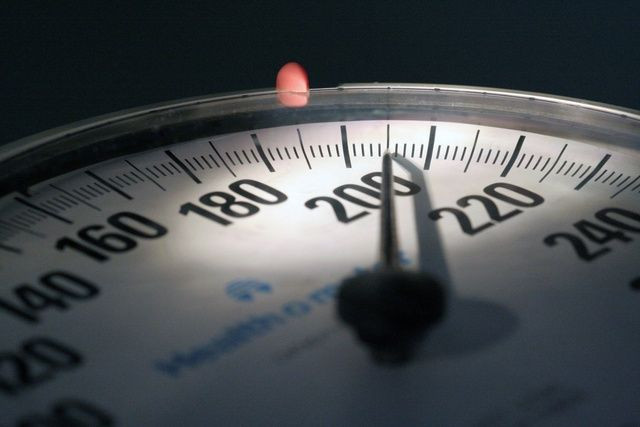Australia Fat Tax: Levies On Junk Food Is The Latest In The Fight Against Obesity

Can raising the cost of unhealthy food help an entire country to lose weight?
Australians will soon have an answer. Following the Danish in their attempt to tax fat, or really, poor food choices, Australia's Obesity Policy Coalition plans to raise prices for unhealthy foods and put the money toward lowering the prices of healthier foods.
The fat tax will apply to products containing more than 2.3 percent saturated fat. This will include but not be limited to oils, meats, cheeses, processed products, and fast foods.
With 63 percent of Australians are overweight and nearly 22 percent of adults have high blood pressure, it is no wonder that such stringent actions are being put into action. The chief executive of the Heart Foundation, Lyn Roberts, said that more Australians were at risk of eating themselves to death.
In order to boost the success of this new fat tax, eatforhealth.gov.au has published new dietary guidelines for Australians to follow, along with advice on choosing the right foods. In view of efforts like this, the fat tax is hardly as wicked as it first sounds. Sure, prices will increase, but the Australian population will learn how to manage their eating habits in a healthier way.
Obesity Policy Coalition spokeswoman Jane Martin said policies encouraging physical activity and healthy eating appeared to stabilize, instead of increase, the numbers of overweight and obese children, but other efforts, such as this tax, were needed to reduce the numbers in the obese population.
However, drawbacks to such a measure have been seen in Denmark as well as New York. When Danish officials attempted their fat tax, residents simply visited other countries to buy sugary beverages and fatty foods at an affordable price. When Mayor Michael Bloomberg attempted to restrict the sale of sugary beverages greater than 16 fl oz., residents protested and the law was never passed.
These results may not necessarily be duplicated in Australia, as the country has established that more than half of its population is overweight and needs to urgently cut back on fat consumption.



























